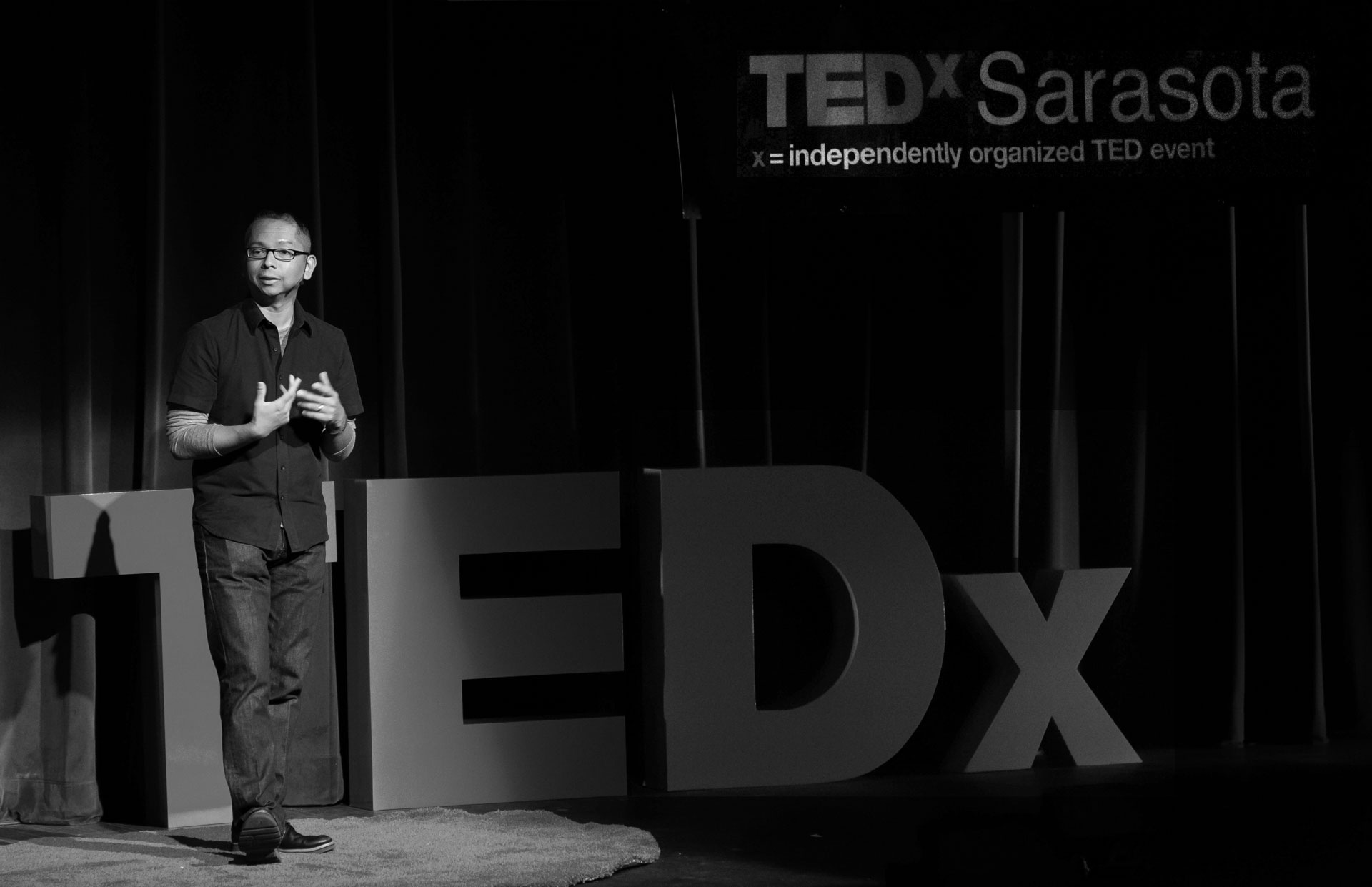Autism, you see, is “invisible” to the general public in the sense that many autistic individuals look normal… just like you and me. Despite autism being one of the most common developmental disabilities, many professionals in the medical, educational, and vocational fields, are not aware of how autism affects people.

One day, I was at the barber’s, alone with my son dealing with the full force of his meltdown. The kicking was one thing but the screaming was piercing and at the top of his lungs. He was upset because he was getting his haircut. Months later, I would find out that the sensation of hair falling down on his shoulders were akin to multiple paper cuts all at once.
In the middle of this meltdown, all of the sudden, a woman there grabbed my son and shook him, yelling at me in the process:
It was at that moment that then I realized, that what we as a community needed was not awareness but acceptance.
You see, there is a fundamental difference between awareness and acceptance. Awareness always gives you an out. Acceptance does not.
That was the birth of KultureCity®
A movement born in cities and towns throughout the United States when parents of children with autism began to fight against the exclusion and segregation of their children.
KultureCity® owes its birthright not to any one person, or any few, but to the many thousands of people who make up the KultureCity® family – families who have worked tirelessly for acceptance and a better future for their children with autism. Families who have fought school systems for their children to be educated, doctors for their children to be treated, establishments for their children to be attended to. These families are the backbone of KultureCity®.
Though the mission is daunting and requires reversing the centuries-long history of “out of sight, out of mind” that the segregation of autistic individuals serves to promote, it has been done before successfully.
Isolation, unemployment, and lack of education have been assumed to be inevitable consequences of the limitations imposed by autism itself. This is simply not the entire truth. The inferior economic and social status of people with autism is not a consequence of the disability itself, but rather the result of societal barriers and prejudices. As with racial minorities and women, only true acceptance can change this landscape.
KultureCity® is asking for that acceptance. Little by little, we are changing kulture, and pushing boundaries.
You see for decades, the focus has been on seeing the children as severely handicapped and mentally disabled.
Today however, we are hearing more and more amazing stories about children on the spectrum displaying talents and skills no one believed possible. Some develop computer applications, some play music with amazing talent and some non-speaking children display writing abilities that show a deep understanding of language and life.
None of the above means that raising a child on the spectrum is smooth and easy. The children do present difficulties in a range of areas including medical care, sleep patterns, eating disorders – to cite just a few.
The challenge that our society now faces is helping families capture the array of abilities and talents that the children have while enabling them to cope with the special issues that so commonly mark the children’s lives. It can be done.



